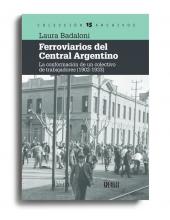CfP: Colonial violence beyond the borders of empires: dis/connections, transfers, and mobilities, ca. 1850–1954
In recent years, historians have increasingly sought to write imperial history beyond the borders of individual, ‘national’ empires.[1] The term ‘transimperial history’ is gaining traction for such approaches, with dedicated conferences, a scholarly network, and a first attempt at definition.


